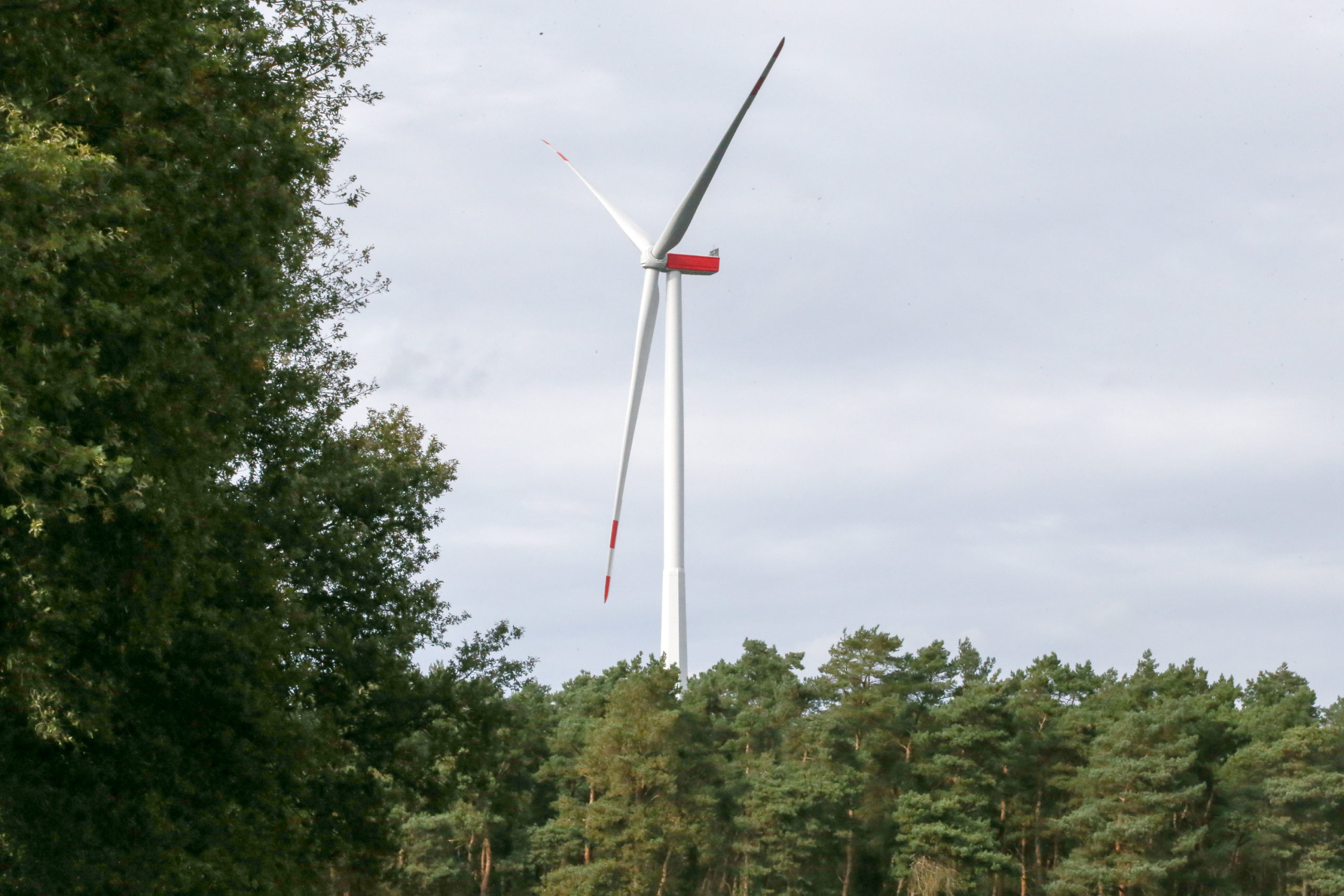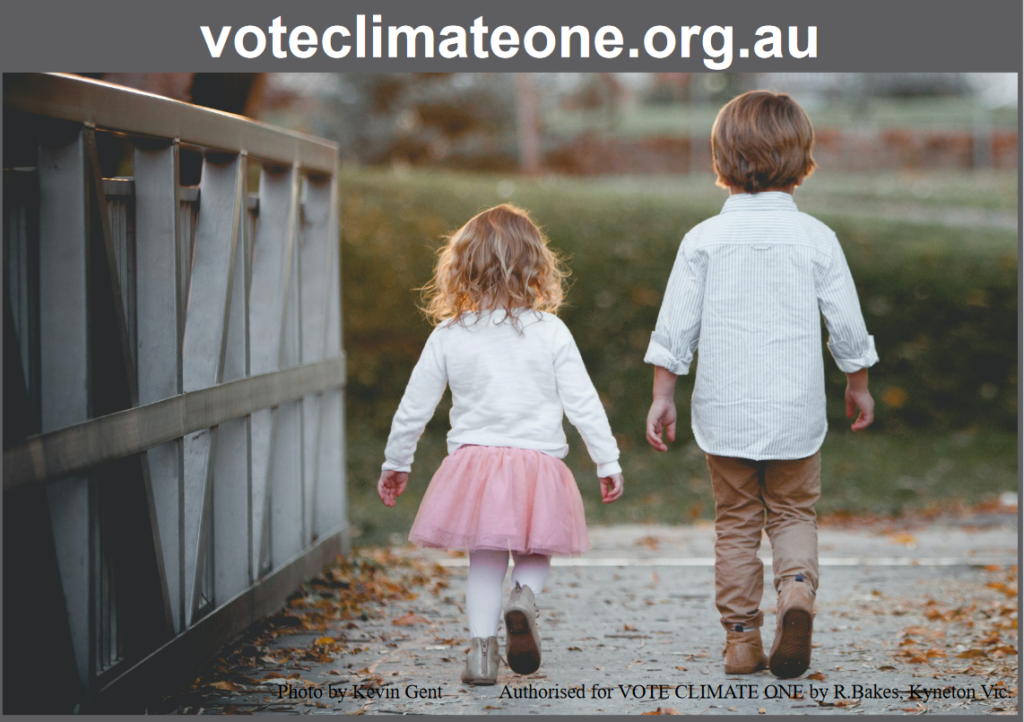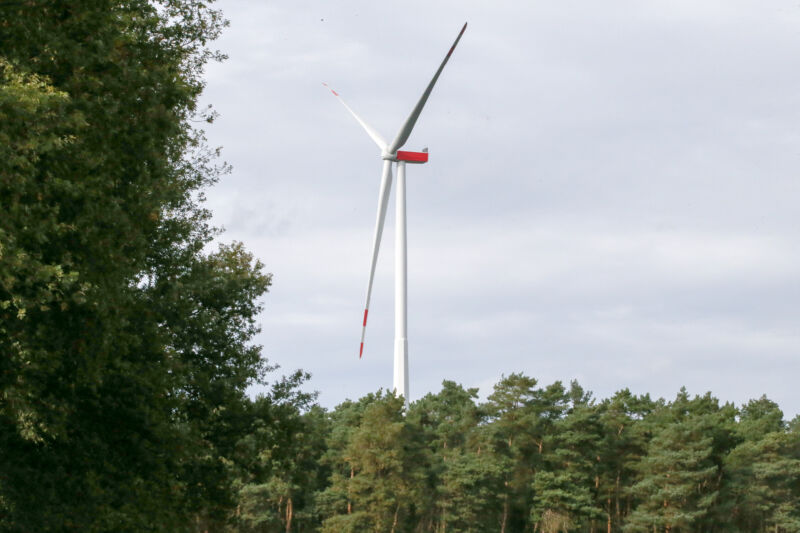Governments must allow markets to drive down energy costs
Ars Technica explains that the decreasing cost of renewables is unlikely to plateau any time soon
Past projections of energy costs have consistently underestimated just how cheap renewable energy would be in the future, as well as the benefits of rolling them out quickly, according to a new report out of the Institute of New Economic Thinking at the University of Oxford.
The report makes predictions about more than 50 technologies such as solar power, offshore wind, and more, and it compares them to a future that still runs on carbon. “It’s not just good news for renewables. It’s good news for the planet,” Matthew Ives, one of the report’s authors and a senior researcher at the Oxford Martin Post-Carbon Transition Programme, told Ars.
And yet, our COALition Government is still working assiduously to hinder any actions that may diminish the profits or ‘harm’ the fossil fuel industry’s continued profligate mining and burning of greenhouse gas emitting carbon-based fuels. By driving continued global warming, these emissions fueling the accelerating climate emergency of droughts, storms, wildfires and rising sea-levels. If the warming is not stopped and reversed we will soon be seeing global famines, economic and social collapses, and mass extinctions (including our own species) as positive feedbacks drive increased greenhouse emissions from soils, burning forests, dying and drying wetlands, and thawing permafrost, plus additional warming enabled by melting polar ice and global ‘dimming’ (where the world absorbs a greater percentage of the solar energy received every day).
We must replace the COALition fossil fuel puppets in our Parliaments with genuine representatives of the people who will work with the economic reality that we must replace greenhouse gas emitting industries with those don’t, and may even engineer effective solutions for recapturing and sequestering some of what was emitted in the past.
Vote Climate One won’t tell you how you should vote. However, we will show you which candidates we think will actively work to help us develop a sustainable future versus those who seem to be indifferent or are actively working to protect their puppet masters in the fossil fuel industry from any changes that might harm their short-term special interests.

By Doug Johnson, 04/10/2021 in Ars Technica
The decreasing cost of renewables unlikely to plateau anytime soon: The decreasing cost of renewables unlikely to plateau anytime soon
Past projections of energy costs have consistently underestimated just how cheap renewable energy would be in the future, as well as the benefits of rolling them out quickly, according to a new report out of the Institute of New Economic Thinking at the University of Oxford.
The report makes predictions about more than 50 technologies such as solar power, offshore wind, and more, and it compares them to a future that still runs on carbon. “It’s not just good news for renewables. It’s good news for the planet,” Matthew Ives, one of the report’s authors and a senior researcher at the Oxford Martin Post-Carbon Transition Programme, told Ars.
The paper used probabilistic cost forecasting methods—taking into account both past data and current and ongoing technological developments in renewables—for its findings. It also used large caches of data from sources such as the International Renewable Energy Agency (IRENA) and Bloomberg. Beyond looking at the cost (represented as dollar per unit of energy production over time), the report also represents its findings in three scenarios: a fast transition to renewables, a slow transition, and no transition at all.
Compared to sticking with fossil fuels, a quick shift to renewables could mean trillions of dollars in savings, even without accounting for things like damages caused by climate change or any co-benefits from the reduced pollution. Even beyond the savings, rolling out renewable energy sources could help the world limit global warming to 1.5º C. According to the report, if solar, wind, and the myriad other green energy tools followed the deployment trends they are projected to see in the next decade, in 25 years the world could potentially see a net-zero energy system.
“The energy transition is also going to save us money. We should be doing it anyway,” Ives said.
Read the complete article….
We need to elect a government who can actually understand and navigate these issues to fight the climate emergency. The COALition parties and their fellow travelers are puppets of the fossil fuel industry and related special interests. These puppets and charlatans need to be replaced by rational candidates who have committed to put action on the climate emergency at the top of their to-do list if elected. Vote Climate One’s Traffic Light Voting System will give you a lot of information to help you pick the candidate(s) who are most likely to respond to the emergency as you would hope.

